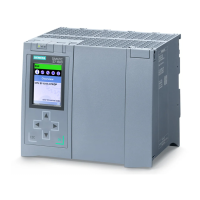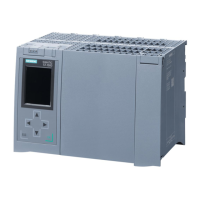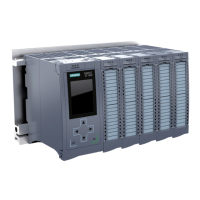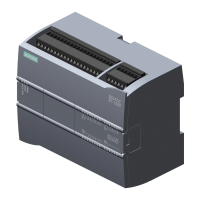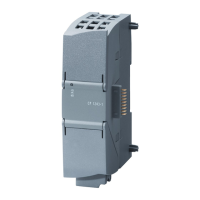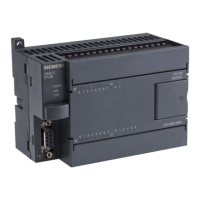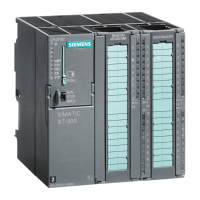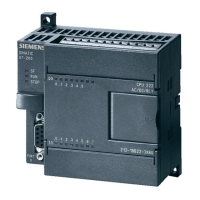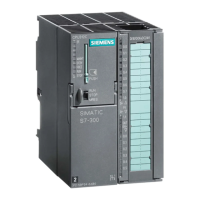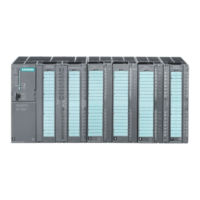⑪STARTUP → STOP
Transition Description Effects
System state trans
ition
This system state trans
ition does not have any
effect on data.
Primary CPU oper
ating state trans
ition
STARTUP → STOP
The redundant system switches from the STARTUP system state to the STOP
system state if:
• The primary CPU detects an error during startup that prevents further pro
cessing
or
• You set the primary CPU to STOP with the PG/PC, the display or the mode
selector
or
• The primary CPU processes a STOP command in startup OB
or
• In the CPU properties, you have set the following for startup behavior:
– Too short a configuration time for the distributed I/O and
– "Startup CPU only if compatible"
The primary CPU switches to STOP.
This operating state
transition does not have
any effect on data.
11.4.8 Loss of redundancy CPU
Introduction
In the case of failure or STOP operating state of a CPU in S7-1500R/H the redundant system
changes from RUN-Redundant system state to RUN-Solo system state. The operating system
calls the OB 72 "CPU redundancy error".
The redundancy loss due to failure/switching to STOP of the CPU is considered (CPU
redundancy error) in the following section. The system and operating state transitions ⑦
from the section System and operating state transitions (Page 281) are explained in more
detail:
•
RUN-Redundant → RUN-Solo
•
RUN-Redundant → RUN
NOTE
Loss of redundancy of I/O
If a loss of redundancy occurs in S7-1500H in the system state RUN-Redundant at a
redundant R1/S2 device, then one AR of two ARs of a R1/S2 device has failed. The operating
system calls the OB 70 "I/O redundancy error". For more information, refer to the section
Programming the S7-1500R/H (Page 215).
289
Commissioning
11.4 Operating and system states
S7-1500R/H redundant system
System Manual, 11/2022, A5E41814787-AD

